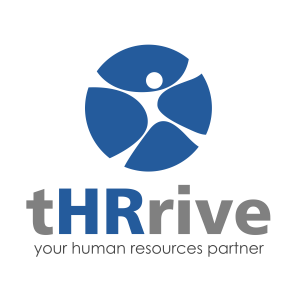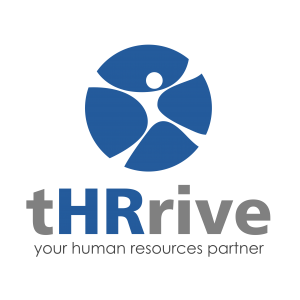Mind the gap…in your resume.

Research is vital before a job interview
February 17, 2017
Creating a career transition resume
February 17, 2017One of many things a job seeker has to be aware of when writing a resume is gaps in their employment history. Gaps in resumes usually raise “red flags” among employers when screening resumes and in many instances determine if a job seeker gets past the initial screen. The resume should be a quick personal document that seamlessly describes a job seekers work experience from one to another.
All is well if you’ve moved steadily from one job to the next with no gaps but if you have one or two gaps in your resume (which many of us do) due to traveling, maternity leave, illness, education or temporary unemployment etc., how do you explain a gap in your resume to ensure that any gaps don’t put you at a potential disadvantage with your future employers?
The main point you want to get across to a potential employer is that your absence from the workforce is not negative. One of the best ways to do that is to be honest and try not to fill the gaps with false information.
Here are a few points that may help you fill the gap:
Include a Cover Letter
When you have known gaps in your resume that you can’t explain in detail (e.g. Paternity leave or taking time to raise kids) use your cover letter to explain the gap. That way, the employer is provided with an explanation for you being out of the workforce upfront.
Check Your Format
Start by creating an Experience Summary description on the top of your resume. Here you can provide a brief sentence about absence (since coming back from…) highlighting your skills and accomplishments. You can also format your resume to minimize the gaps in your employment history by not bolding the dates and use a similar font to the one you use for the company name or job title.
Omit a few
You don’t need to include all your experience on your resume. It’s acceptable to limit the years of experience you include on your resume to past 5-7 years for professional level and 10-15 years for managerial or executive positions.
Format dates
You don’t need to list the month/year for jobs in your resume. For example, you could write 2012 – 2016 instead of June, 2012 – May, 2016. Keep it general, yet honest.
Other Experience
If you have freelanced, consulted or volunteered all this experience counts as work and can be included on your resume. List them as you would list your other jobs Also, if you took a class or went back to school, you can list this in the Education section of your resume.
What’s most important is to tell the truth. Don’t be tempted to embellish the facts or information. Most employers will find out eventually when calling references before hiring and you are likely to be caught. Better to be honest about what’s happened, whilst impressing potential employers.
Information provided by HR Difference.
Our HR team specializes in providing small and medium sized companies with cost-efficient and customized human resources consulting solutions and learning management systems to meet your need and budget. We also provide custom resume writing and telephone job interview coaching for job seekers.





